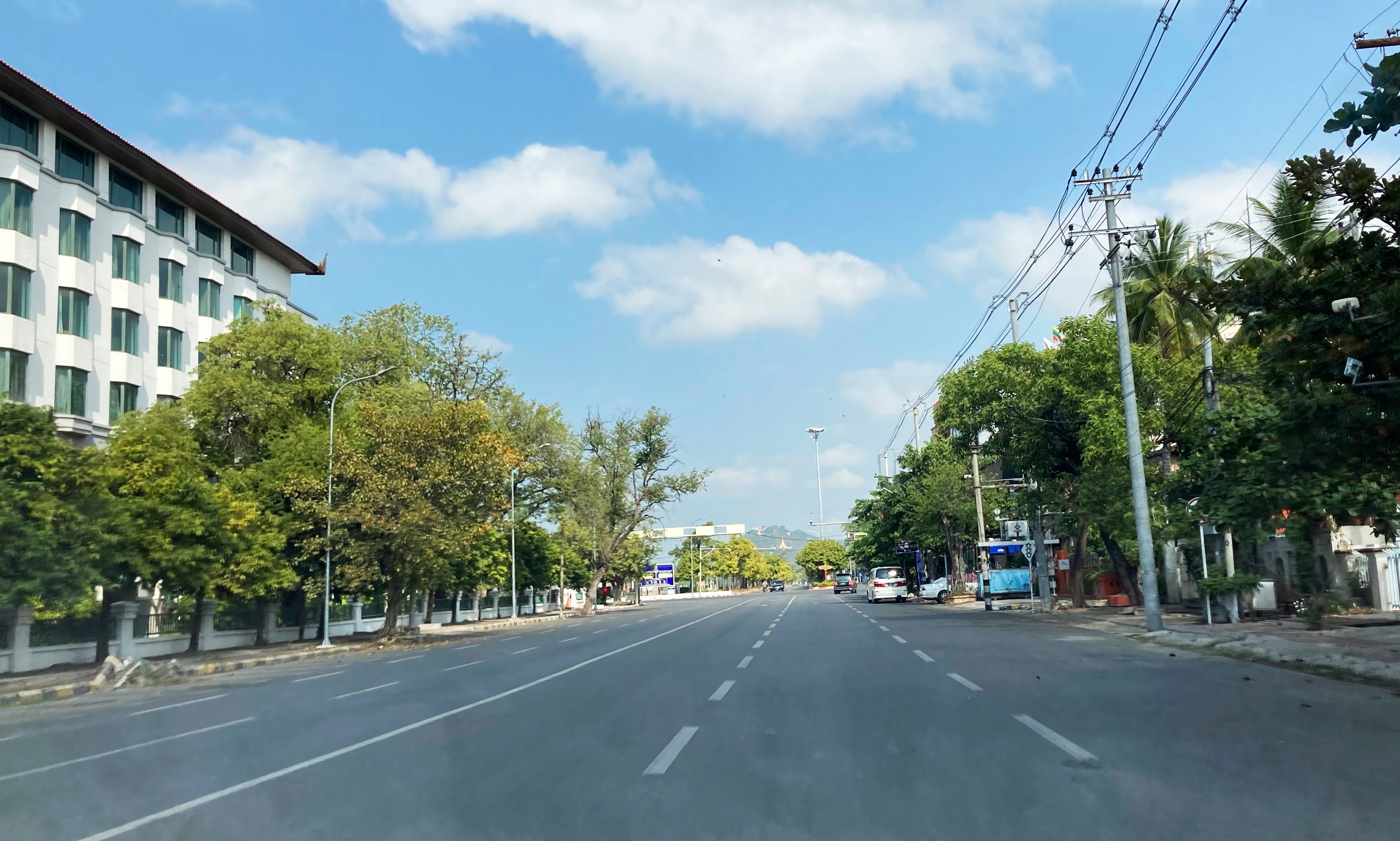Myanmar journalist reported to have died in army custody
A local freelance photojournalist in Myanmar has died in military custody after being arrested last week during the course of his work

A local freelance photojournalist in Myanmar has died in military custody after being arrested last week while covering protests, colleagues and a friend of his family said Tuesday.
Soe Naing is the first journalist known to have died in custody since the army seized power in February, ousting the elected government of Aung San Suu Kyi More than 100 journalists have been detained since then, though about half have been released.
Soe Naing, who was a graphic designer as well as a freelance journalist, was arrested Friday when he and a colleague were in downtown Yangon taking photos during a “silent strike” called by opponents of military rule. It was the biggest nationwide protest in several months, and the streets were virtually empty as people answered the call to stay home and businesses to shut down for six hours.
Soe Naing is not the first detainee to die in government custody. There is no clear total, but the others reported dead while in custody have been political activists and members of Suu Kyi’s National League for Democracy party. In several cases where the bodies could be seen, they bore marks that suggested the individuals had been tortured, according to human rights activists.
Journalists have mostly been targets for arrest, as the military-installed government has sought to clamp down on the free flow of information. In addition to detaining media workers, many outlets have been forced to close or operate underground, with their staffs always at risk of arrest.
Soe Naing and his colleague have been covering the crisis in Myanmar for months, with their work depicting anti-military protests and brutal crackdowns by security forces sometimes picked up by foreign news agencies.
After his arrest, Soe Naing was sent to a military interrogation center in Yangon’s Eastern Botahtaung Township, said colleagues familiar with his case. His family was informed Tuesday morning morning that he died at the 1,000-Bed Defense Service General Hospital in Yangon’s Mingaladon Township, said the colleagues and a family friend, who spoke on condition of anonymity as giving such information could make them targets for arrest.
Family members were informed of the death by the hospital on Tuesday morning and had the body cremated the same day at Yangon’s Yay Way Cemetery in North Okkalapa Township, said the family friend, who was not told if the body had any visible injuries.
Since the army takeover, interrogation centers across Myanmar have been increasingly using torture against detainees, an investigation by The Associated Press revealed. Many of the centers were built and used under a former period of military rule, while others have been set up on military bases or even community buildings. An army defector told the AP that he witnessed soldiers torture two prisoners to death at a mountaintop interrogation center inside an army base in Chin state.
The Paris-based freedom of the press organization Reporters Without Borders tweeted that the group was "appalled to learn that freelance photoreporter Soe Naing - abducted by the military while covering a silent protest in Yangon on Friday- died in custody this morning, after a violent interrogation.”
Soe Naing is survived by his wife, who could not be contacted, and a four-year-old son. The current situation of the photographer arrested with him was not known.
The Committee to Protect Journalists on Tuesday called for the immediate release of Aung San Lin, a reporter for the Democratic Voice of Burma, a broadcast and online service. It said he had been arrested on Dec. 11, right after he had given a report that alleged that soldiers had carried out arson on the homes of three supporters of Suu Kyi's party.
On Monday, the New York-based organization had called on the authorities to release three journalists from Shan State who were recently sentenced to prison for their work and to drop all charges against them.
The journalists from the Kanbawza Tai News, an online service, were sentenced to three years. The editor Nang Nang Tai, reporter Nann Win Yi, and publisher Tin Aung Kyaw were all arrested in March after covering protests against military rule.
The Committee to Protect Journalists last week also called for the immediate and unconditional release of journalists Kaung Sett Lin and Hmu Yadanar Khet Moh Moh Tun, who were arrested after being injured when a military vehicle slammed into a non-violent protest march in Yangon earlier this month.
Bookmark popover
Removed from bookmarks